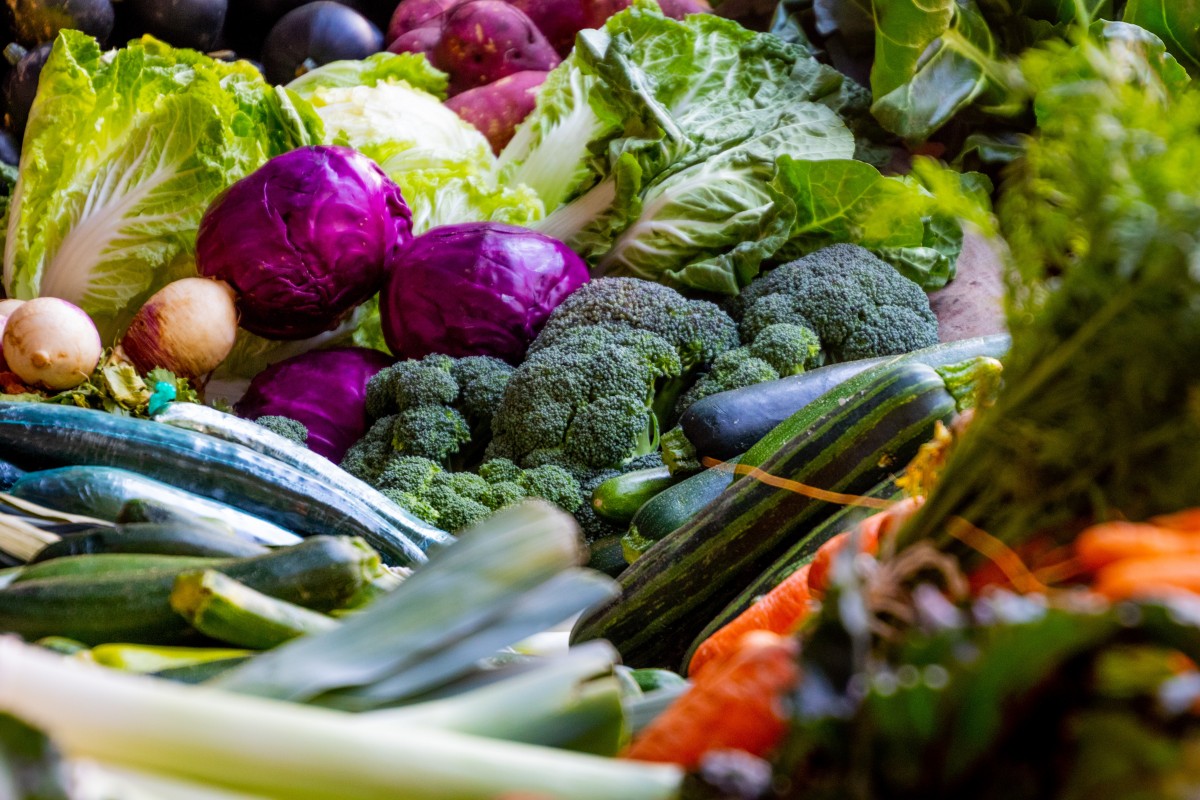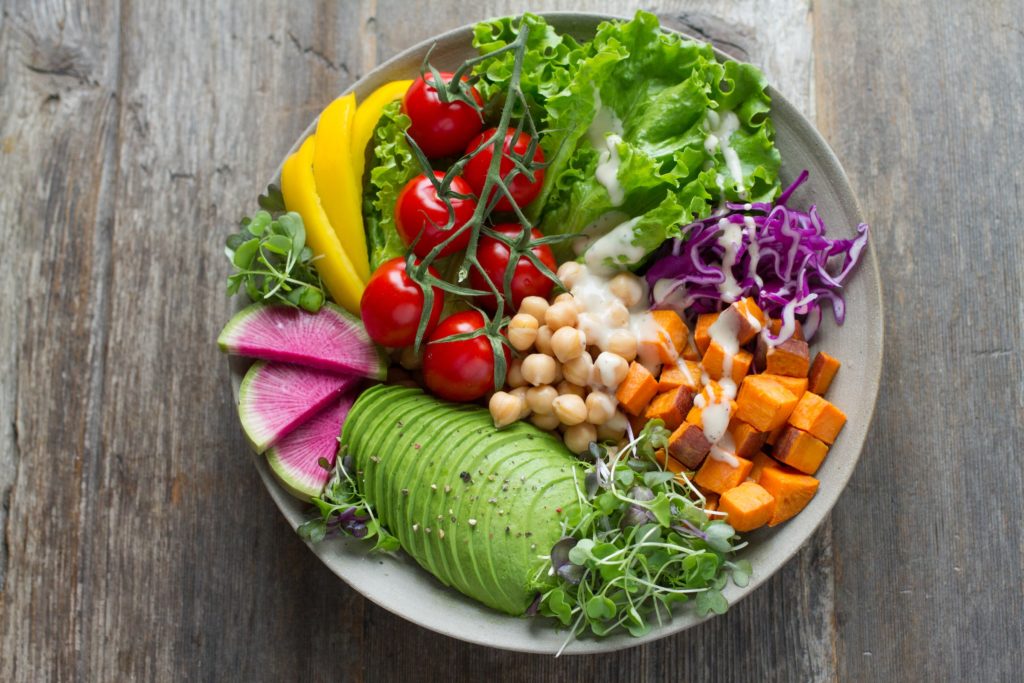Why do people become vegetarians? People become vegetarians for many reasons, including health and wellness, religious beliefs, ethical reasons, animal welfare (mad cow disease), the use of antibiotics and hormones in animal husbandry, or simply the desire to eat in a way that avoids excessive use of environmental resources.
Apart from these trends, some people follow a vegetarian diet mainly because they cannot afford or have easy access to meat, fish, and all other foods produced by modern farming and agriculture. Compared to a few decades ago, becoming vegetarian today has become more attractive and accessible, thanks to the availability of fresh produce year-round, more vegetarian dining options, and the growing culinary influence of cultures with primarily plant-based diets.
1. Keeping your heart and arteries healthy

While cardiovascular disease is the leading cause of death worldwide, a plant-based diet would offer better heart health and longer life. A plant-based diet is very low in saturated fat and cholesterol and significantly reduces cholesterol and triglyceride levels in the blood, a major cause of heart disease, hypertension, and diabetes. Dr. Dean Ornish, a cardiologist in the United States, has even demonstrated that adopting a low-fat vegetarian diet for one year could reverse atherosclerosis (the presence of plaque in the blood vessels).
2. Add more fiber to your diet
Fiber is contained exclusively in plants. Their chemical composition means that they cannot be digested, and their health benefits are numerous. Firstly, various studies show that they protect against colon cancer, secondly, they promote the regularity of the digestive system and thirdly, because of their satiating power, they help control appetite and weight. A vegetable diet allows you to consume on average 50% more fiber than an omnivorous diet.
3. Reduce the global epidemic of obesity and diabetes

Worldwide, 1 in 10 adults is affected by obesity. Numerous studies show that the body mass index is lower in vegetarian or vegan individuals, especially if they have adopted this diet for 5 years or more. A lower BMI could be a difference in macronutrient intake (proteins, fats, carbohydrates) and higher consumption of plants and, therefore, fiber.
Metabolic syndrome (a combination of several metabolic disorders: visceral obesity, insulin resistance, hypertension, high triglyceride levels, and low HDL cholesterol levels) affects 1 in 5 Canadians without them necessarily knowing it. Clinical studies have shown that a patient with metabolic syndrome is two and a half times more likely to develop diabetes.
4. Reduce the risk of developing fatal diseases
A plant-based diet is very high in fiber, which is excellent protection against colorectal cancer. In addition, some types of processed meat, such as deli meats, are classified as carcinogens by the World. Health Organization. Consuming 50 grams of processed meat per day would increase the risk of developing colorectal cancer by 17%. Several studies have also shown that consuming meat products and vegetable fats lead to a higher risk of bone loss in women after menopause.
A recent study by the American Society of Nephrology (study of kidney disease) explains the link between red meat consumption and increased risk of kidney failure. The recommendations are, therefore, to restrict the consumption of animal proteins for the management of chronic renal failure and to slow down the disease.
5. Diversify your diet

Changing your habits also allows you to discover a multitude of new foods and tastes. We are often confined to our culinary culture and traditions without thinking about going off the beaten track. Introducing a plant-based diet means discovering a multitude of unknown products and trying out new recipes.
Vegetarian and vegan restaurants are becoming popular for our pleasure. Vegetarian and vegan products are developing more and more, which is a good thing because it allows access to many products. However, be careful not to fall into the trap of ultra-processed vegan products that have no nutritional value.
6. Reduce the development of antibiotic resistance
According to the WHO, 50% of antibiotic production is for farm animals; in Canada, this figure is 80%. This use makes bacteria multi-resistant in animals, and these can contaminate humans. Antibiotic treatment will then be ineffective. Moreover, by consuming animal flesh treated with antibiotics, we also consume a residual dose that pushes our organism to develop resistant bacteria. It then becomes much more difficult to eliminate them.
7. Take advantage of the nutritional benefits of a plant-based diet

According to the Institute for Health Metrics and Evaluation’s Global Burden of Disease Project, eating more plant-based is the most important dietary risk factor that can be modified to gain years of healthy life. Indeed, there is increasing evidence in the literature that a plant-based diet is beneficial at every stage of life! It is now recognized that plants contain all the nutrients necessary for good health. According to the World Cancer Research Fund, a simple change in eating habits could prevent 30 to 40% of cancers worldwide, which is as much or more than stopping smoking.
Sound off in the comments section below and tell us what you want to read next and if you want to read more about being vegetarian.


